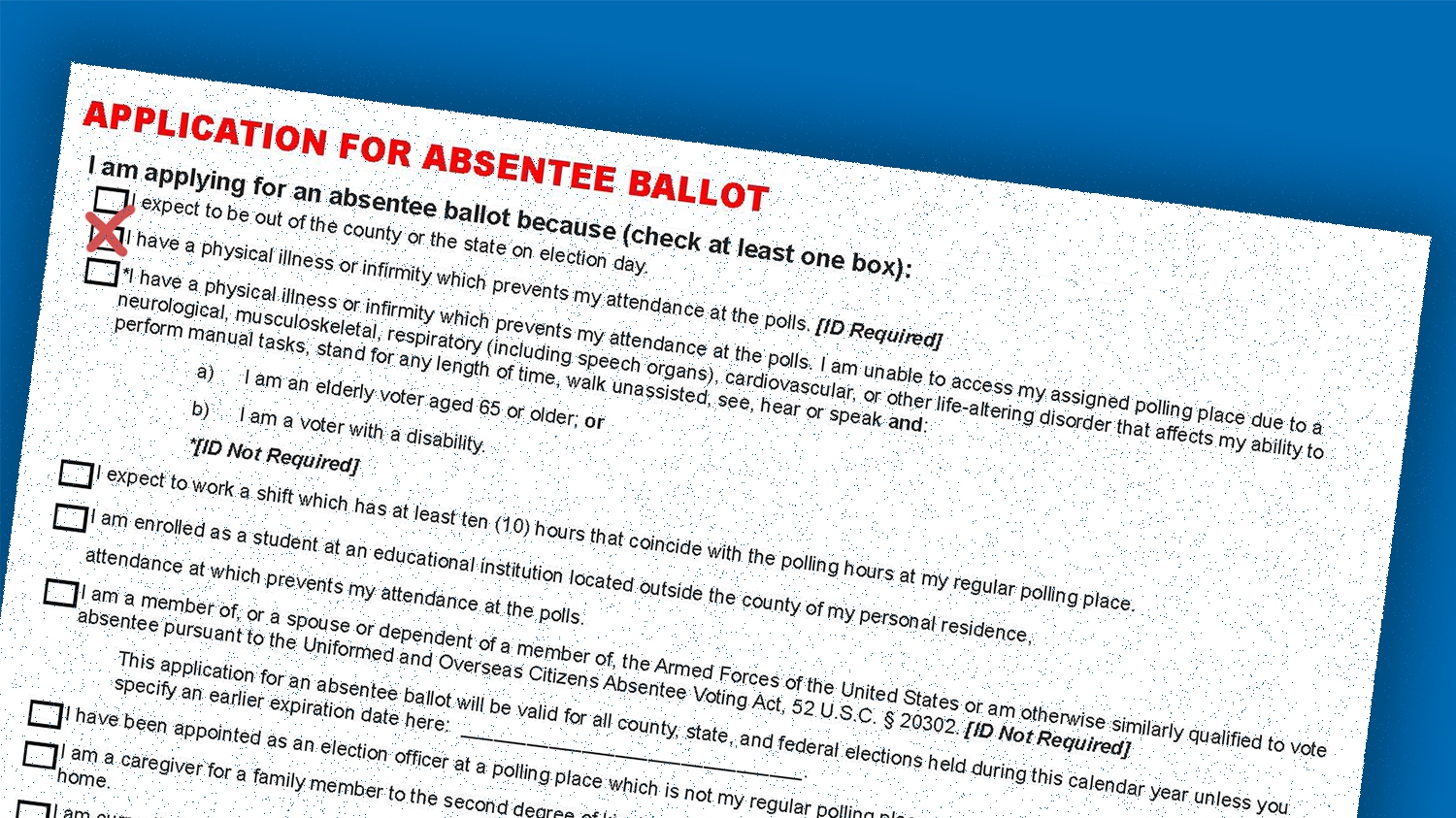On Tuesday, the Senate State Governmental Affairs committee gave a favorable report to a bill criminalizing several forms of assistance in absentee ballot voting.
The bill, HB209, has been heavily criticized by voting rights organizations who fear the bill would deter specifically, elderly and persons with disabilities from voting.
Sponsor of the bill Rep. Jamie Kiel, R-Russellville, has stated that the purpose of the legislation was to prevent voter fraud and ballot harvesting.
An amendment was placed before the committee prior to a public hearing to address concerns with the legislation.
Most notably the amendment does the following:
- removed the word “distributing” from the bill
- no longer criminalizes assisting people who are blind, unable to read or write, or is “disabled”
- changed the penalty for violating Section 1 from a Class D felony to a Class A misdemeanor.
“It does clarify some questions people have had and may clarify concerns people have in the audience,” Kiel said about the amendment.
The bill still would prohibit and charge individuals from paying or receiving money for assisting with an absentee ballot application. If a person knowingly receives a payment they can be found guilty of a Class C felony equal to 1 to 10 years of imprisonment. If a person knowingly pays another individual to assist with their absentee ballot they could be found guilty of a Class B amounting to 2 to 20 years of imprisonment.
After the amendment, a public hearing was held. Seven people spoke in opposition to the bill and no one spoke in favor.
The amendment replaced the opening line in Section 2 so that it will not be a violation to help an individual who is blind, disabled, or unable to read or write.
Kathy Jones, president of The League of Women Voters of Alabama, said that the bill would criminalize individuals for simply trying to help others exercise their right to vote.
“I am here to express strong opposition to HB209,” Jones said. “If passed, Alabama would make felons of law-abiding people who are volunteering to help others be able to vote.”
Percy Garrett, a blind veteran, said he was a Republican and believed the bill was “satanic” and restricted the right to vote.
Ellen Buckner, a faculty advisor for the League of Women Voters at Samford University, said this bill could adversely impact college students unfamiliar with voting or voting for the first time away from home while on campus.
Honesti Steele, a blind student at the University of Alabama, said that restrictions in the bill deterred her from voting and silenced individuals in the disabled community.
“Although this bill is proposed to reduce election fraud, I just hope that we take into consideration the large impact that it has on the disabled community,” Steele said.
Sen. Mericka Coleman, D-Birmingham, said that during her tenure on the Voter Fraud Reform Task Force, they found that there were not “overwhelming cases” of voter fraud in the state.
APR asked Kiel previously if there was any data to support his claims of voter fraud and Kiel only cited anecdotal evidence.
The bill passed on a 5-2 vote and will move to the Senate Floor for debate and potential passage




















































